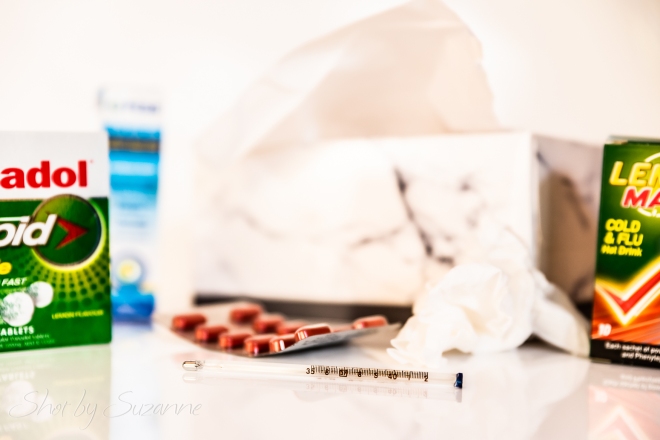
For months now Melbournians, Victorians, Australians and a large percentage of the world’s population have been under some level of government mandated lock-down because of an insidious virus known as COVID-19 or Coronavirus. This virus has had the power to do something previously unimaginable. It has shut down the global economy.
However, that is not all COVID-19 has done. Not only has it killed more than 200,000 people it has forced millions of people into unemployment, closed tens of thousands of businesses, shut down virtually every facet of the Arts, halted sporting events (Except for horse racing. Don’t quite know how that has been allowed to continue) and shown Australians how truly unprepared we are for the Zombie apocalypse. Americans hoarded guns in the initial panic, Australians hoarded ……..toilet paper. (And were willing to come to blows to defend our loot.)
There has been one interesting, and largely unreported, side-effect of this mandated isolation and that is the phenomenal drop in the cases of colds, flu and gastroenteritis. This is what I would like to focus on today.
Staying home when you are ill stops illness spreading. It’s that simple. However, in most countries, staying home from work when you are sick is penalised. You’re only permitted a few days per year to be away from your workplace when you are unwell or you risk losing part of your income and/or your job.
So what do you do? You turn up to your workplace sick.
“It’s just a cold” you say to yourself ………and to your co-workers, and to the person next to you on the bus/train/tram/plane/ferry, and to that person at the cafe as you stand with a dozen others waiting for your morning caffeine hit, and to the customers you serve during the course of the day, and to the general manager who’s visiting all company sites this week, and to the checkout staff at the supermarket because you simply had to pop in there to get food for tonight (Not food for a week so you would go out in public less. Just tonight).
How many people have you just potentially infected with your ‘cold’? How many people will they now infect because, like you, they think it’s ‘just a cold’? What’s the likelihood that this cold could become something much worse for a person who has an underlying condition?
But, we don’t think of the ‘what ifs’. We get out of bed, dose ourselves up with over-the-counter medications and soldier on sniffing, coughing and spluttering because we have to pay the bills and we only have 7(?) days a year allowed to us to be ill and still receive full wages.
And we spread our germs.
In the space of a week we have gone from one person with a cold to the entire office/workplace in varying stages of illness. Not to mention all the other people we interacted with.
What happens to productivity when this occurs. In a matter of days an entire workforce is at 25% productivity because no-one functions at 100% when they are not well or staff have been forced to take time off because, for them, it became more than ‘just a cold’.
COVID-19 has a lot of the population hyper-vigilant about illness and the spreading of germs right now. One doesn’t touch a supermarket trolley before wiping it down with sanitiser. Religiously washing one’s hands for a minimum of 20 seconds at every opportunity has become the new normal. We have started to realise how quickly illness can spread and how simple it is to halt that spread.
But what will we do when life returns to ‘normal’?
Employers and businesses are very nervous about the easing of current restrictions and staff returning to work. They will be lightning fast to send any staff member home who shows the slightest hint of ill health, but they will be insisting that the staff member use their sick leave entitlements.
We will be returning to work under the current rules written into employment contracts because these rules will not, and have not, had the time to evolve with our new thinking and experiences in relation to sickness and enforced ‘quarantine for the greater good of the community’. We will revert to going to work when we are unwell because we have to. We may not want to, but we will have to. As a matter of fact, we’ve never wanted to go to work when we’ve been ill, but many of us have had to.
So I’m going to ask the/a question.
Would it not be more cost effective to remove the limit on sick days and permit a staff member to stay home and isolate themselves, on full pay, when unwell rather than, effectively, forcing them to attend work and potentially have most of your workforce become unwell and/or unable to come to work due to the inevitable spread of the illness? (That is a really long sentence)
I’m doing the maths here in my head and, admittedly, maths is not my strongest suit, but it seems to make sense to me.